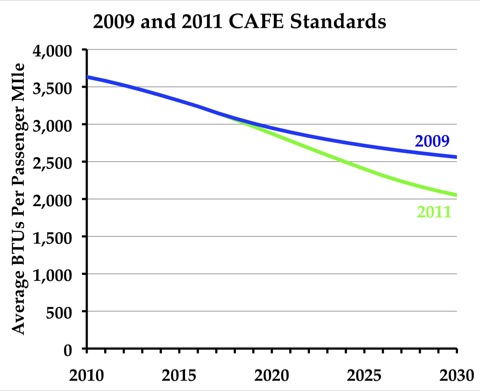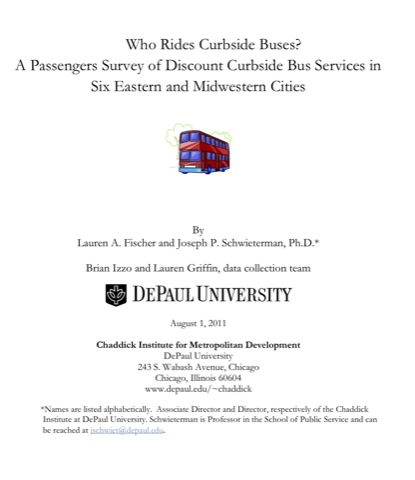Portland, whose slogan, “The City That Works,” was stolen from one of the most corrupt cities in America, has been rocked by a new scandal, this one involving actual charges of bribery and under-the-table dealings. The FBI raided the home and office of the city’s parking manager to investigate allegations that he accepted large bribes to turn the city’s parking meter business over to a particular company.
These allegations apparently go back several years, but only now are being investigated in detail. What is interesting is how many Portlanders read the headlines and say, “yep, it must be true,” rather than, “this would never happen in our city.” A city that wastes huge gobs of money on silly streetcar and light-rail projects just exudes a culture prone to corruption.
“Portland is one of the most corrupt and nepotistic city governments in America,” says former Portland planner Richard Carson, who walked away from a lucrative planning job because “I just could not compromise my principles for more money.” He specifically points to the city building a light-rail line after voters rejected it twice and taking money from water user fees to spend on pork-barrel projects as examples of that corruption.









